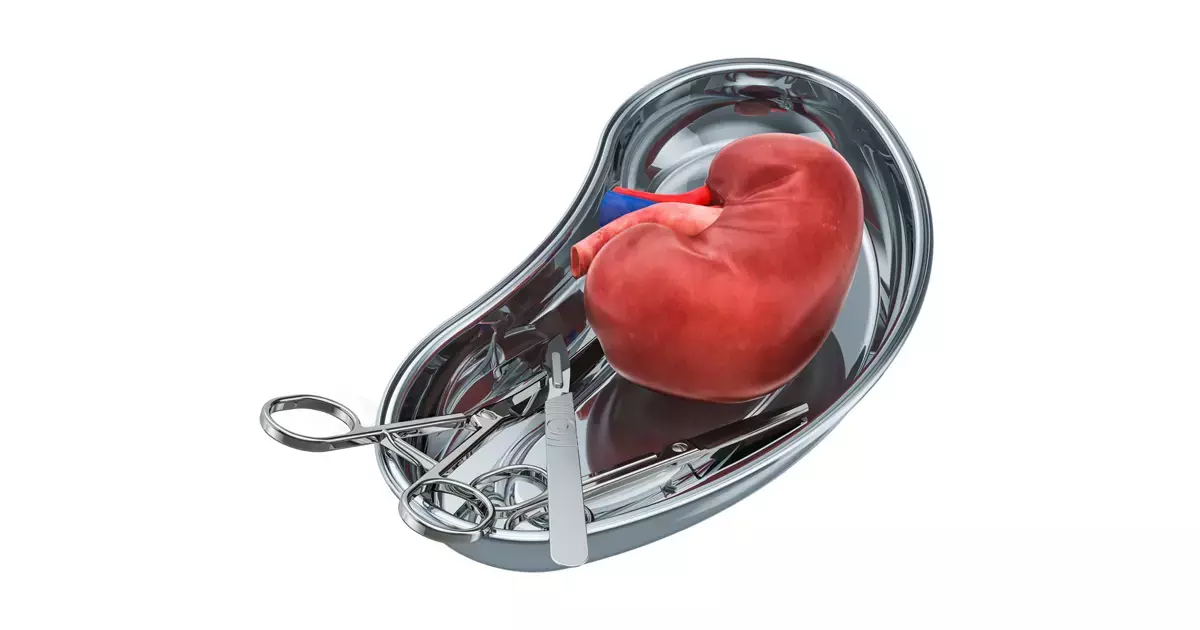- Home
- Medical news & Guidelines
- Anesthesiology
- Cardiology and CTVS
- Critical Care
- Dentistry
- Dermatology
- Diabetes and Endocrinology
- ENT
- Gastroenterology
- Medicine
- Nephrology
- Neurology
- Obstretics-Gynaecology
- Oncology
- Ophthalmology
- Orthopaedics
- Pediatrics-Neonatology
- Psychiatry
- Pulmonology
- Radiology
- Surgery
- Urology
- Laboratory Medicine
- Diet
- Nursing
- Paramedical
- Physiotherapy
- Health news
- Fact Check
- Bone Health Fact Check
- Brain Health Fact Check
- Cancer Related Fact Check
- Child Care Fact Check
- Dental and oral health fact check
- Diabetes and metabolic health fact check
- Diet and Nutrition Fact Check
- Eye and ENT Care Fact Check
- Fitness fact check
- Gut health fact check
- Heart health fact check
- Kidney health fact check
- Medical education fact check
- Men's health fact check
- Respiratory fact check
- Skin and hair care fact check
- Vaccine and Immunization fact check
- Women's health fact check
- AYUSH
- State News
- Andaman and Nicobar Islands
- Andhra Pradesh
- Arunachal Pradesh
- Assam
- Bihar
- Chandigarh
- Chattisgarh
- Dadra and Nagar Haveli
- Daman and Diu
- Delhi
- Goa
- Gujarat
- Haryana
- Himachal Pradesh
- Jammu & Kashmir
- Jharkhand
- Karnataka
- Kerala
- Ladakh
- Lakshadweep
- Madhya Pradesh
- Maharashtra
- Manipur
- Meghalaya
- Mizoram
- Nagaland
- Odisha
- Puducherry
- Punjab
- Rajasthan
- Sikkim
- Tamil Nadu
- Telangana
- Tripura
- Uttar Pradesh
- Uttrakhand
- West Bengal
- Medical Education
- Industry
Smartphone app may benefit kidney transplant recipients by monitoring treatment

Washington, DC - Results from a new study indicate that a pharmacist-led smartphone app may help safeguard against medication-related health problems in individuals who have received a kidney transplant. The study will appear in an upcoming issue of CJASN.
For the nearly 250,000 kidney transplant recipients alive today in the United States, follow-up care can be challenging, and while modern advances in drug therapies, monitoring, and diagnostic tests have improved short-term health outcomes following kidney transplantation, long-term outcomes have not seen the same benefit. Medication safety issues--including medication errors, side effects of medication, and failure to take medications as prescribed--are key contributors to suboptimal long-term health in patients who have received kidney transplants.
To address this, a team led by David J. Taber6, PharmD, MS, BCPS, James N. Fleming, PharmD, and Haley M. Gonzales, PharmD (Medical University of South Carolina) developed and tested as pharmacist-led, smartphone-based app. For the study, 68 adults who had received a kidney transplant 6 to 36 months earlier received the health app that was integrated with televisits and home-based blood pressure and blood sugar monitoring. The app provided an accurate medication regimen, timely reminders, and side effect surveys. A group of 68 kidney transplant recipients served as controls. Both the control and intervention groups received usual care, including lab monitoring and regular clinic visits.
Compared with participants in the control group, participants receiving the intervention were 61% less likely to experience a medication error, 45% less likely to experience serious side effects, and 54% less likely to be hospitalized over the 12 months of the study.
"Medication safety issues are predominant contributors to poorer health outcomes following kidney transplantation and lead to increased healthcare utilization. Clinical pharmacists have the unique education and training to help identify these issues early on and take action to mitigate downstream consequences," said Dr. Taber. "Additionally, mobile health technologies have emerged as a new tool to supplement current health practices and improve outcomes. It is paramount that we identify innovative strategies to help manage medication safety issues, and the integration of mobile health-based interventions and clinical pharmacist leadership represents a promising opportunity."
An accompanying editorial provides insights and perspectives on the study's findings. The authors wrote that they "are eagerly awaiting the economic analysis that determines the return on investment for incorporation of these new approaches into value-based care."
Hina Zahid Joined Medical Dialogue in 2017 with a passion to work as a Reporter. She coordinates with various national and international journals and association and covers all the stories related to Medical guidelines, Medical Journals, rare medical surgeries as well as all the updates in the medical field. Email: editorial@medicaldialogues.in. Contact no. 011-43720751
Dr Kamal Kant Kohli-MBBS, DTCD- a chest specialist with more than 30 years of practice and a flair for writing clinical articles, Dr Kamal Kant Kohli joined Medical Dialogues as a Chief Editor of Medical News. Besides writing articles, as an editor, he proofreads and verifies all the medical content published on Medical Dialogues including those coming from journals, studies,medical conferences,guidelines etc. Email: drkohli@medicaldialogues.in. Contact no. 011-43720751


